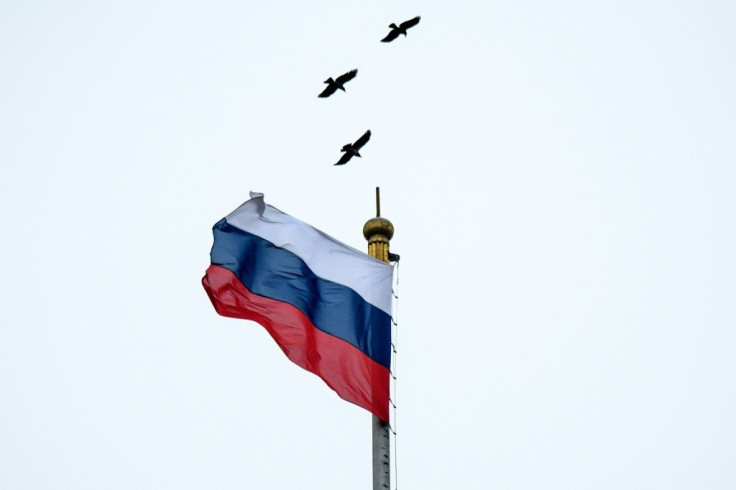Russia's Anaemic 2019 Growth Highlights Kremlin Challenge

Russia's economic growth slowed to 1.3 percent last year, the state statistics agency said Monday, emphasising the challenge the Kremlin faces as it boosts spending to stir the economy from its lethargy.
Russia's economy, long battered by Western sanctions and highly dependent on high prices for its energy exports, slowed considerably from the 2.5 percent growth registered in 2018 and failed to meet even the government's forecast of an increase of 1.4 percent.
Sluggish economic growth and five years of falling real incomes highlight the challenge the government faces as President Vladimir Putin, whose popularity among Russians has been due in no small part to a period of prosperity he oversaw in the 2000s, has set a target of having Russian the economy outpace the rest of the world next year.
Citing preliminary data, the Rosstat statistics agency said that GDP last year was 109.3 trillion rubles ($1.7 trillion).
Economists pointed out that the slowdown was mainly due to household spending, which weakened to a 2.3 percent increase from 3.3 percent in 2018, and exports, which fell by 2.1 percent after growing by 5.5 percent in the previous year.
The economy was boosted by mining (2.7 percent), financial (9.7 percent), and transportation sectors (2.1 percent).
At the beginning of his fourth presidential term in 2018, Putin set a goal of reaching four percent economic growth with the help of a hugely ambitious "national projects" programme.
Russia's economy had only just returned to growth in 2017 after two years of recession thanks to low oil prices and Western sanctions over Moscow's role in the Ukraine crisis.
But despite Putin's plan, a real acceleration of the economy failed to take place even though a rise in global oil prices boosted the key energy sector.
During his annual state of the nation address last month, Putin said that the real incomes of Russians should receive a "considerable" boost.
"To obtain such dynamics we have to launch a new investment cycle," Putin said as he announced new cash payouts for births and the extension of child benefit plans.
Dmitry Dolgin, chief economist at ING Bank in Moscow, said the figures were not a surprise.
"This is why the whole of 2019 was dedicated to how to boost growth," Dolgin told AFP, noting that the economy's anaemic performance had cost Prime Minister Dmitry Medvedev his job last month.
"It's clear that investments are the weakest link," he said, adding that investment statistics for last year were comparable to those from 2008.
After announcing a broad constitutional reform during the state of the nation address last month, Putin dismissed Medvedev's cabinet and appointed a new government headed by former tax chief Mikhail Mishustin.
The new prime minister said authorities needed to reassure the business community and stimulate the growth of investment.
Capital Economics said late last month that the Russian government's recent focus towards policy loosening would likely lead to faster economic growth over the next 12-18 months.
"But prolonged stimulus would also erode the strength of Russia's balance sheet, making the economy more vulnerable to a fall in oil prices," the UK-based consultancy said.
Capital Economics estimated that Russian economic growth would rise to 1.8 percent this year and then fall back to 1.3 percent in 2021.
Moscow investment bank Renaissance Capital late last month provided a much rosier forecast.
"Russia is entering not only a good year, but also a fairly good period, when the accumulated buffers and gains of the long-standing 'great stabilisation' policy should translate into strong growth," it said.
Renaissance Capital said it expected growth in Russia to double to 2.6 percent in 2020 and stay at 2.5 percent next year, pointing to consumption and investment growth amid monetary and fiscal easing.
Nataliya Orlova, chief economist at Alfa Bank, cautioned however that growth this year may be affected by the outbreak of the novel coronavirus.
"The virus makes it hard to achieve growth above 2 percent in 2020," she told AFP.
© Copyright AFP 2024. All rights reserved.




















